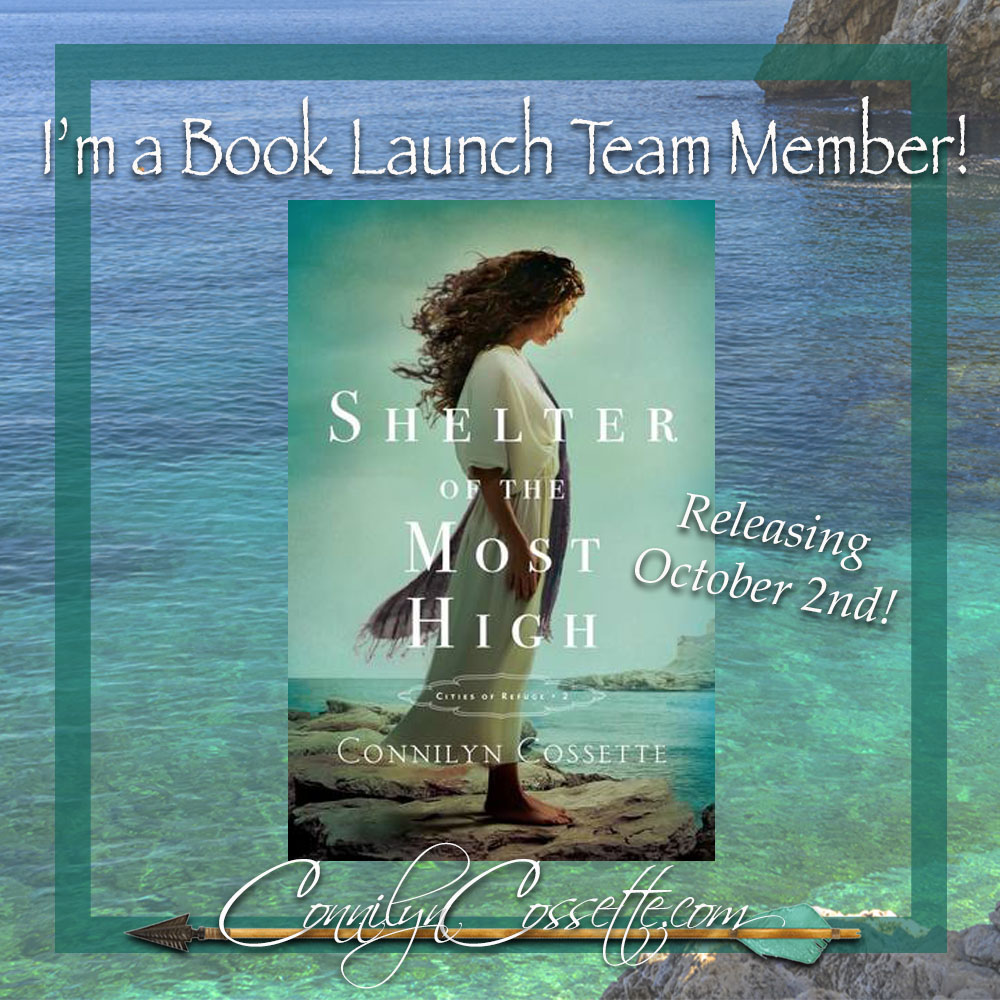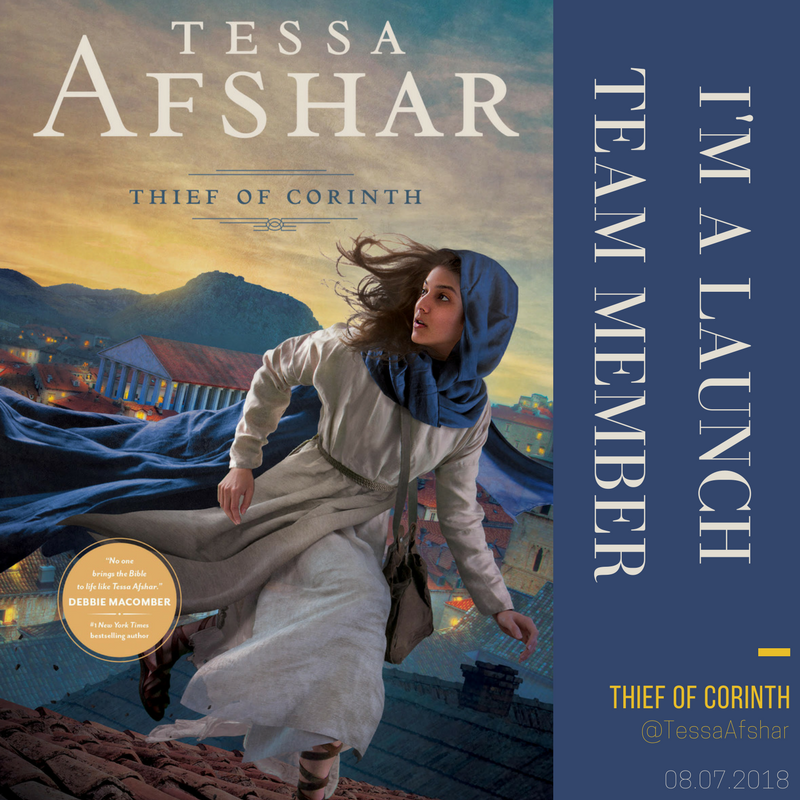
 Publisher’s Description:
Publisher’s Description:
Something is rotten in Mesopotamia. A troublesome priest has been murdered; the pagan New Year’s rites defiled; a royal tomb is robbed; and a would-be grifter, Lot, is in the wrong place at the wrong time. His father, grandfather and cousin are each likely suspects and Lot doesn’t know who he can trust. Everyone thinks Lot knows where the loot is hidden and someone wants it all–even if it’s over Lot’s dead body.
“Long Road Out of Ur” retells the familiar story of the calling of Abraham and Sarah to the Promised Land through the voice of Lot. Yes, that Lot–the one who barely escaped the destruction of Sodom with his daughters–his wife wasn’t so fortunate. This is not a Sunday school version of their lives, and they are not alabaster saints. Instead, it’s a lively coming-of-age adventure tale crossed with a murder mystery and a heaping helping of social satire. Think of it as something like “Huckleberry Finn” combined with “North by Northwest” but set in the Bronze Age.
Lot’s comical attempts to con his way out of danger only entangle him deeper and deeper in a web of greed, betrayal and murder. From the fashionable society of Susa through the murky waters of the Great Swamp to the stone huts of Elam, Lot tries to run but he can’t hide. Searching for any way out, he battles evil giants, fake princesses and blood-thirsty pirates but his greatest struggle is finding himself.
Can a two-bit con man change his spots? Or will his past destroy him?
Can a prodigal son and his prodigal father ever forgive one another? Or are some wounds just too deep to heal?
~~~~~~~~~~~~~~~~
In all fairness, it was hard for me to see how I would be able to do my part to help the family. Shepherding was difficult work, even with two good feet. But with a bad foot, climbing a small hill, let alone a mountain like Hursag, would make me a burden on the others. And in efforts to protect the sheep from predators or rescue them from mishaps, I would be nearly useless. Fortunately, my family was wealthy. Otherwise, I would be forced to beg at the city’s gates with all the other cripples, lying in the dirt and filth, screaming for attention, pleading for a dry crust or a squeeze of water from a wet rag. I flinched when I thought of how I had usually looked away when walking by those wretched unfortunates.
My gloomy premonitions were interrupted by Mal’ak. “Are you all right? Can I bring you some food?”
“I was just realising how miserable my life will be, now that I’m a cripple.” Bitterly, I continued, “One minute everyone relies on you and the next, you need help getting your dinner.”
“I thought you said that unhappiness was good because it causes change and change improves people,” Mal’ak reminded me.
“Ha, Ha,” I fake-laughed. “You can’t hold me to blather I concocted just to score points in a debating session. My whole life is wasted now. I was going to do great things, lead my people, break the Gutian stranglehold on us. . .”
Malak’s eyes widened and his mouth and nose twitched – he looked for all the world like he was trying to stifle a sneeze or a yawn. Quickly he buried his face in hands for a moment and regained control of his features. “I didn’t know you were a warrior,” he murmured.
“Well, I’ll never be one now!” I declared theatrically. “Haran will be furious. Plus, I’ll never get to lead a caravan to Bactra or sail to Dilmun.”
“Sounds more like Abram to me,” Mal’ak bit back a smile.
I shot a surprised glance at Mal’ak. Were there no secrets from this priest? Somewhat stiffly I continued to elaborate on the great loss I and the world had jointly suffered. “Well, I had several different possibilities . . . and I would have been great. But that’s all gone now.”
Here the lump in my throat made it hard to speak and I choked back a sob. “People will never point at me with pride like they do at Terah or Haran. They’ll never fear me like they do Nahor.”
The priest sat beside me and put his hand on my shoulder. “Lot, don’t you understand? The measure of a life is not a handful of glorious deeds, of famous accomplishments, or praiseworthy sacrifices. It’s consistently doing the right thing, whether it helps you or hurts you, and whether it is noticed by anyone or not.”
I would like to say that my life was changed for the better form that very moment. That the kindness and quiet wisdom of the priest had penetrated my soul and eradicated the selfishness and laziness that ruled there quite contentedly. But I haven’t lied to you yet in this accounting – not any big whoppers anyway. It’s not that I didn’t want to do the right thing. I’ve tried to over and over. It’s just that I was having too much fun doing the wrong thing. But I’m getting ahead of my story again. . .
~~~~~~~~~~~~~
My review:
After reading Long Road Out of Ur, I get the distinct impression that Odysseus and Lot would have had a great time swapping stories around the campfire – and not without a little embellishment! If you’re looking for a novel that expands on the Biblical narrative, you might be disappointed with this story, because it all takes place prior to God calling Abram out of Ur. However, if you’re interested in Bronze Age adventure and a well researched novel of the world Abram and Lot once inhabited, this could be just what you’re after!
Long Road Out of Ur is narrated by Lot in the first person, now an older and wiser man looking back on the decades of his life that preceded Abram’s call out of Ur – although the majority of the novel is narrated as though the action is taking place as Lot speaks. He’s a character with a flair for drama, a quick wit, and a dry, sardonic, and often self-deprecating sense of humour, all of which I found quite engaging; although he did have a habit of becoming a little long-winded at times, or going off on a related tangent.
The story opens with fifteen year old Lot searching for his ten year old uncle (Abram) – “a skinny little runt in my care who had given me the slip for the last time if I caught him.” His Quixotic rescue attempt leaves him with a broken foot that never fully heals, which turns out to be a life-changer for Lot; he is sent away from his family to the edubba to be trained as a scribe – the lot (pardon the pun!) of the weaker sons of the nobility; those not fit to rule their clans or fight in battle. For Lot, it is a disheartening statement of the regard his father has for him, and he is determined to stay the course, if for no other reason than to prove that he can see something through successfully.
Upon graduating from the edubba, Lot is immediately contracted into a formal apprenticeship with Sheleph, a cousin whom Lot suspects of being involved in the murder of their family priest, a mass poisoning, and a royal tomb robbing. Enough is enough. Nobody ever asked him what he wanted; and he doesn’t trust Sheleph.
So he strikes out on his own, beating out his own path and suffering the misadventures that come with it.
I’m not a scholar of Ancient Sumer, but the novel struck me as being well-researched historically, and well-thought out in terms of how Abram’s family would have worshipped and understood the God of Noah. However one of my favourite features was the way in which the novel often gave a tongue-in-cheek nod to modern maxims and cultural references.
For example, at one point, Lot comments: “You say poe-may-gran-it; I say pom-uh-gran-ut. Whatever.” At another point he asks, “Who was it who first said, ‘The best laid plans of vermin and men often go astray?’ Never mind, it’ll come to me.” And my favourite, the childhood ditty Lot hums as he finally sets out for home: “The sheep are alive in the hills of Hursag; With bleats we have heard o’er a thousand times…” Julie Andrews eat your heart out! History, mystery, adventure, and a sense of humour!
Some final observations: I suspect this is a novel that will appeal more to a male audience than a female one (although, obviously that is a generalisation, not an absolute!) And while I would not describe the violence as graphic, some readers may wish to be advised that there is some in the novel, including animal sacrifice (particularly the ceremony that marks the annual remembrance of the covenant between God and Noah after the flood).
I received a copy of this novel from the author. This has not influenced the content of my review.
Release date: 25 August 2016
Pages: 398
Publisher: CreateSpace Independent Publishing Platform






